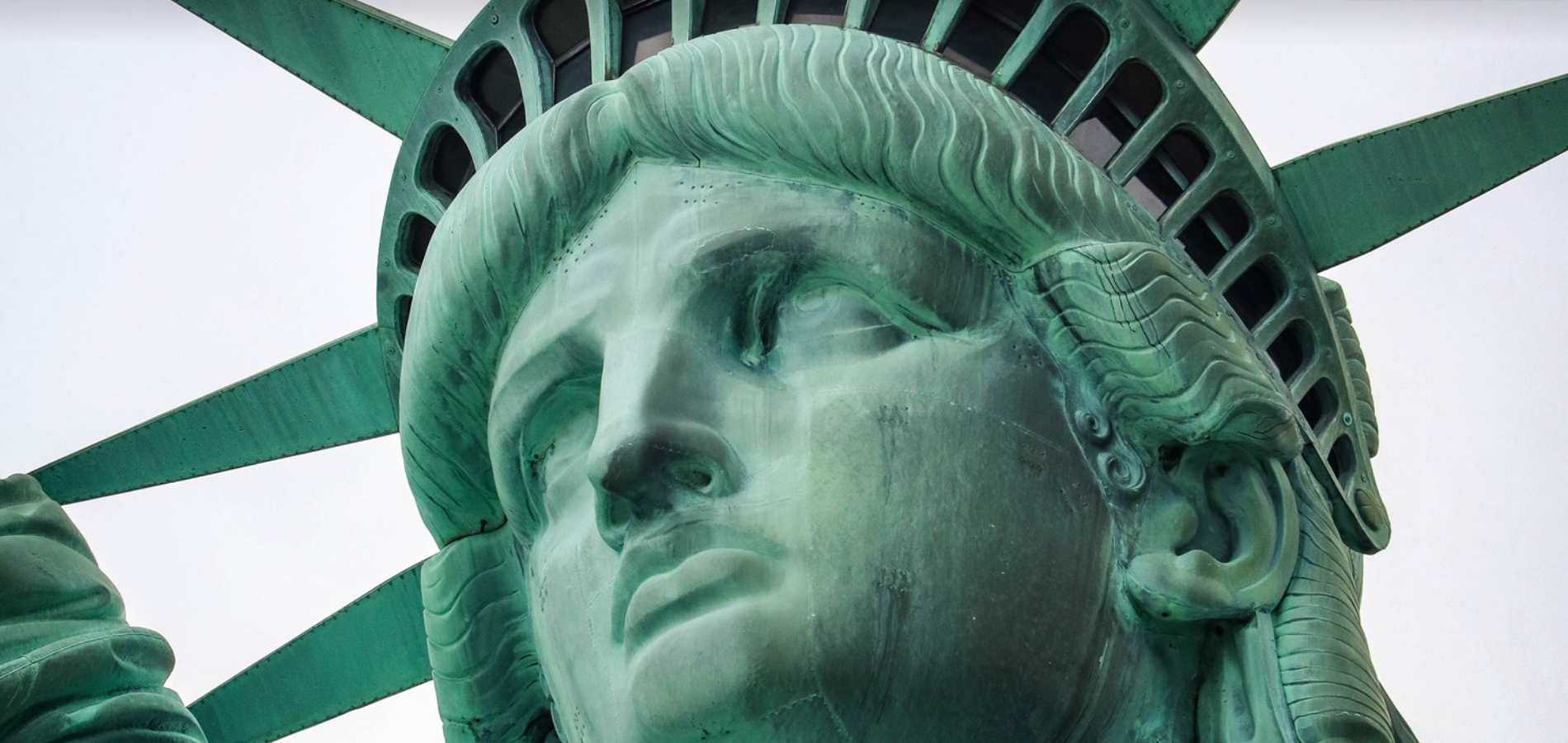
7 U.S. Freedoms Jews Should Celebrate on Independence Day
Since we were slaves in Egypt, persecution and oppression has been a major part of Jewish history. The founding of the United States of America in 1776 ushered in a new era, introducing us to a land of religious tolerance and freedom, for which we are forever grateful. According to historian John Buescher, the first two dozen Jewish immigrants to America from the Netherlands landed in New York in 1654. Early American Jews formed communities in Manhattan; Newport, RI; Charleston, SC; Savannah, GA; and Philadelphia. By 1776, the Jewish population of the Colonies neared 2,000 (out of 3 million total). The Founding Fathers incorporated religious Jewish symbolism and verses into the icons of freedom they created. Philadelphia’s Liberty Bell was cast in 1752 and proudly displays a quote from the Torah (Vayikra/ Leviticus), “Proclaim liberty throughout the land unto all inhabitants thereof.” Benjamin Franklin’s design for the Great Seal of the United States depicts the splitting of the sea with the quote “Rebellion to Tyrants is Obedience to God.”
Buescher writes that Jews were sympathetic to the revolutionary cause because of their experience in Europe, and loved Thomas Jefferson’s idea of a separation between church and state. Many religious Jews fought in Washington’s army in the war for independence.
On this July 4th, here are seven Jewish-American freedoms we should never take for granted:
1-Freedom to Perform Bris Milah – Circumcising a Jewish male at eight days old is a protected right in the U.S.A. but it was not always the case throughout Jewish history. While the most common known banners of circumcision were the Hellenist Greeks during the times of the Maccabees, in 135 C.E. the Romans forbid Jews from practicing circumcision, reading the Torah, and eating matza on Passover.
2-Freedom to Observe Shabbos – Not only is Sabbath observance protected by the First Amendment, numerous companies and organizations make great accommodations for shomer shabbos Jews. Throughout Jewish history, though, there were many occasions when it was illegal to observe shabbos. Many people are aware that the Greeks banned Sabbath observance in 167 B.C.E., but fewer realize that in 325 C.E. the first edict in favor of the “Venerable Day of the Sun” (Sunday) was made at the Roman Council. Sabbath worship and other Jewish observances became heretical to the Christian faith.
3-Freedom to build Synagogues – There is a federal statute which protects houses of worship in the U.S., including synagogues (RLUIPA), but Jews were not always extended this privilege. While the burning of shuls in Germany before World War II is taught every year on the anniversary of Kristallnacht, far less people are aware that in 379 C.E. Roman Emperor, Theodosius the Great, permitted the destruction of synagogues if they served a religious purpose.
4-Freedom to not convert – The forced conversions of the Spanish Inquisition are widely discussed, but far fewer people realize that 900 years earlier in Spain (in 589 C.E.) The Third Council of Toledo ordered that children who were a product of intermarriage between a Jew and a Christian be baptized by force. Forced conversion of all Jews was initiated. Thousands of Jews fled. Thousands of other Jews converted.
5-Freedom to educate Jewish Children Jewishly – In the U.S. today, there are a record number of Jewish children receiving a Jewish eduction, but in Spain in 613 C.E., Jewish children who were older than seven were taken from their parents and given a Christian education.
6-Fair Legal System – While the U.S. legal system is not perfect, in general, it is not discriminatory or biased. This, unfortunately was not the case throughout much of Jewish history. One example is in 1130 when the Jews of London had to pay one million marks as punishment for allegedly killing a sick man. Another is “host abuse” – the charge that Jews would steal the Catholic communion wafer in order torture it. According to William Nichol in Christian Antisemitism, “over 100 instances of the charge have been recorded, in many cases leading to massacres.”
7-Freedom to live anywhere – There is no part of the United States of America that a Jew cannot live, but throughout Jewish history things were different. Many people are familiar with the ghettos of pre-WW II Eastern Europe in which Jews were forced to reside, but fewer are aware that in 1516, the Governor of the Republic of Venice decided that Jews would be allowed to live only in one area of the city called the “Ghetto Novo.”
God bless America for being such a hospitable home to the Jews for the last 241 years. And may our long history of persecution speedily come to an end with the coming of Moshiach!
If you found this content meaningful and want to help further our mission through our Keter, Makom, and Tikun branches, please consider becoming a Change Maker today.







